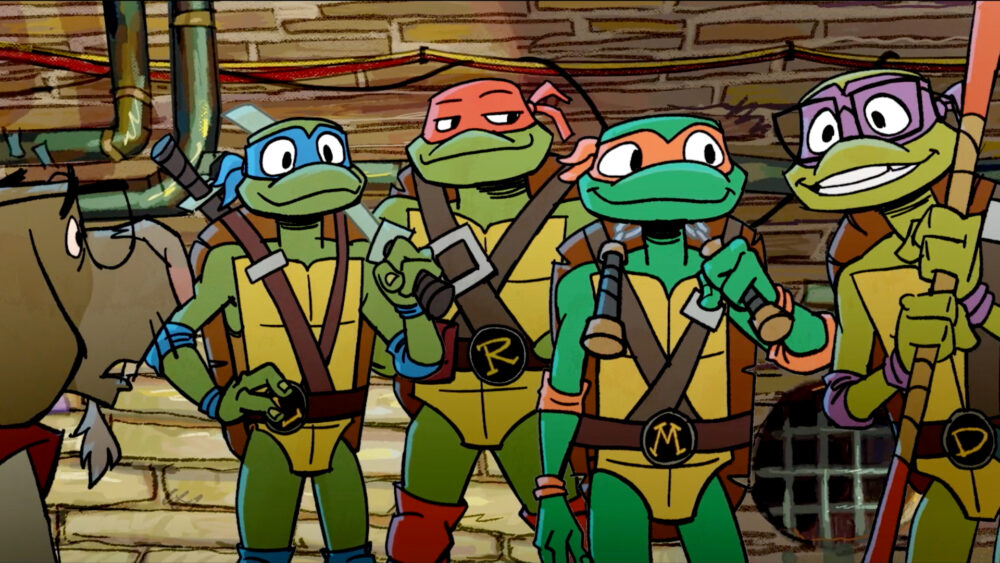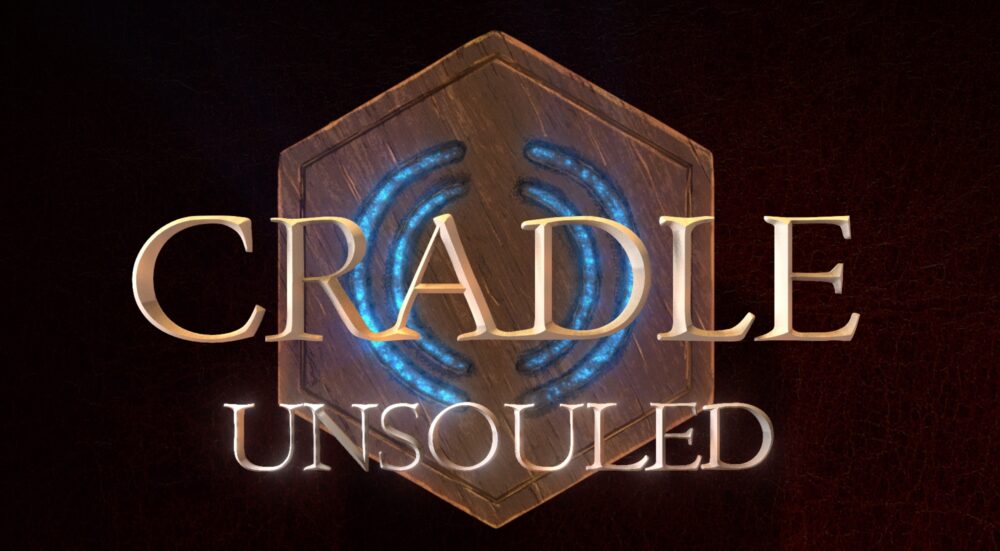Release date: December 18, 2015
Studio: Walt Disney Pictures, Lucasfilm
Director: J.J. Abrams
MPAA Rating: PG-13 (for sci-fi action violence)
Screenwriters: J.J. Abrams, Lawrence Kasdan
Starring: Harrison Ford, Andy Serkis, Anthony Daniels, Kenny Baker, Peter Mayhew, Carrie Fisher, Mark Hamill, Oscar Isaac, Max von Sydow, Adam Driver, Domhnall Gleeson, Gwendoline Christie, John Boyega, Daisy Ridley, Lupita Nyong’o, Crystal Clarke, Pip Anderson, Christina Chong, Miltos Yerolemou
Genre: Action, Sci-Fi, Adventure
Read more at http://www.comingsoon.net/movie/star-wars-the-force-awakens-2015#Agd3mSJWbmlRY5Vf.99
[divider]
Not much I will say in this review will sway you to or not to see the newest chapter in the epic space saga as everyone has made up their minds already. I am here to simply give my humble opinion on this, the seventh film in the series. After the slight disappointments that were Episodes 1,2, and 3 this movie has more of the spirit and heart of the original trilogy. That’s thanks in no small part to director J.J. Abrams. His love for the Star Wars universe is apparent in the way the film is handled. It also doesn’t hurt that he got good to great performances from his cast of heroes and villains. Daisy Ridley as Rey played the out of her element and over her head role well. She also, doesn’t look lost during the action scenes or fights which is a plus. John Boyega is Storm Trooper defector, Finn. He spends an incredible amount of time on screen sweating and looking scared. Of course, he also has some of the funniest moments in the movie and as this movie is lighthearted and funny it makes him a focus. There are moments that make him seem like he’s destined for more bad-assness in later films so I’m holding out hope for him as a character. Adam Driver as the intimidating Kylo Ren is all good until he takes off his helmet. Driver looks the dorky opposite of what Ren is. I just couldn’t wait for him to put the mask on as it sort of took me out of the moments of him being evil without it on. The old cast of Leia, Han Solo, and Chewbacca slide effortlessly back in to their roles. Providing the nostalgia factor fans craved. It’s fun watching them on screen together again.
The 3-D is good in the movie and helps at the points it needs to enhance. The fighting is good but I feel like they kept it subdued only to pick it up in latter films. One of my favorite parts was Finn (with light saber) versus a Storm Trooper with a shock tonfa. It showed that Storm Troopers have actual combat ability and aren’t just Star Wars version of Putty Patrol (that’s a Mighty Morphin Power Rangers reference for the square reading this). J.J. Abrams adherence to the use of practical effects like the original movies as opposed to gratuitous CGI is a masterful move that proves sometime the old ways still work. All said and done, this is every bit as exciting as the hype machine made it out to be. This is the beginning of a new chapter in a galaxy far far away and it seems to be worth the wait.

Events
Paramount+ Reveals Official Main Title Sequence for the Upcoming Series TALES OF THE TEENAGE MUTANT NINJA TURTLES

During the TALES OF THE TEENAGE MUTANT NINJA TURTLES panel earlier today at San Diego Comic Con, Paramount+ revealed the official main title sequence for the series. The sequence is composed by EMMY® nominee, Matt Mahaffey, known for his work on Sanjay and Craig, Rise of the Teenage Mutant Ninja Turtles, and Rise of the Teenage Mutant Ninja Turtles: The Movie and much more.
From the studios of the Mutant Mayhem film, the all-new Paramount+ original series TALES OF THE TEENAGE MUTANT NINJA TURTLES explores the adventures of everyone’s favorite pizza-loving heroes as they emerge from the sewers onto the streets of NYC. Leo, Raph, Donnie and Mikey are faced with new threats and team up with old allies to survive both teenage life and villains lurking in the shadows of the Big Apple. The series is produced by Nickelodeon Animation and Point Grey Pictures.
TALES OF THE TEENAGE MUTANT NINJA TURTLES is executive produced by Chris Yost (The Mandalorian, Thor: Ragnarok) and Alan Wan (Blue Eye Samurai, Rise of the Teenage Mutant Ninja Turtles, Teenage Mutant Ninja Turtles [2012 Series]). Production is overseen for Nickelodeon by Claudia Spinelli, Senior Vice President, TV Series Animation, Nickelodeon, and Nikki Price, Director of Development and Executive in Charge of Production.
In addition to the upcoming new series, stream all things Turtles on Paramount+.
Events
Comic-Con 2024: Those About to Die Activation
Events
DISNEY+ CASTS DANIEL DIEMER AS FAN-FAVORITE ‘TYSON’IN SEASON TWO OF “PERCY JACKSON AND THE OLYMPIANS”

in Hall H at San Diego Comic-Con, Rick Riordan and Disney+ revealed that Daniel Diemer (“Under the Bridge”) will star as fan-favorite cyclops “Tyson” in the epic adventure series “Percy Jackson and the Olympians.” Diemer joins Walker Scobell (Percy Jackson), Leah Sava Jeffries (Annabeth Chase) and Aryan Simhadri (Grover Underwood) as a series regular. The Disney+ Original series from Disney Branded Television and 20th Television will start filming its second season next week in Vancouver.
Season two of “Percy Jackson and the Olympians” is based on the second installment of Disney Hyperion’s best-selling book series titled “The Sea of Monsters” by award-winning author Rick Riordan. In the new season, Percy Jackson returns to Camp Half-Blood one year later to find his world turned upside down. His friendship with Annabeth is changing, he learns he has a cyclops for a brother, Grover has gone missing, and camp is under siege from the forces of Kronos. Percy’s journey to set things right will take him off the map and into the deadly Sea of Monsters, where a secret fate awaits the son of Poseidon.
Diemer stars as Tyson – a young Cyclops who grew up all alone on the streets, and finds it difficult to survive in the human world. Shy and awkward, with a heart almost as big as he is, Tyson soon discovers that Poseidon is his father, which means Percy Jackson is his half-brother… and that Tyson may have finally found a home.
Diemer recently starred in the Hulu limited series “Under the Bridge” based off the critically acclaimed book of the same name and a tragic true story of a missing teen girl in Vancouver in 1997. He will next star in the indie “Thug” opposite Liam Neeson and Ron Perlman for director Hans Petter Moland. Daniel was recently seen as the lead in the indie “Supercell” opposite Alec Baldwin and Skeet Ulrich and the lead in the film “Little Brother” opposite Phil Ettinger and JK Simmons. Daniel can also be seen in the Netflix series “The Midnight Club” and recently starred as the male lead in the breakout hit Netflix feature “The Half Of It” from producer Anthony Bregman and director Alice Wu. He is a graduate of Victoria Academy of Dramatic Arts in Vancouver.
Created by Rick Riordan and Jonathan E. Steinberg, season two of “Percy Jackson and the Olympians” is executive produced by Steinberg and Dan Shotz alongside Rick Riordan, Rebecca Riordan, Craig Silverstein, The Gotham Group’s Ellen Goldsmith-Vein, Bert Salke, The Gotham Group’s Jeremy Bell and D.J. Goldberg, James Bobin, Jim Rowe, Albert Kim, Jason Ensler and Sarah Watson.
The first season of “Percy Jackson and the Olympians” is available on Disney+
-

 Interviews1 day ago
Interviews1 day agoInterview With Heroes & Villains Creative Director Doug Johnson
-

 Streaming1 day ago
Streaming1 day agoApple TV+ announces season two for delightful kids and family series “Camp Snoopy
-

 Events1 day ago
Events1 day agoThat’s My E Coverage Of The Adult Swim’s Pirate Parrrty
-

 Events13 hours ago
Events13 hours agoParamount+ Reveals Official Main Title Sequence for the Upcoming Series TALES OF THE TEENAGE MUTANT NINJA TURTLES
-

 Events16 hours ago
Events16 hours agoDISNEY+ CASTS DANIEL DIEMER AS FAN-FAVORITE ‘TYSON’IN SEASON TWO OF “PERCY JACKSON AND THE OLYMPIANS”
-

 Interviews17 hours ago
Interviews17 hours agoComic-Con 2024: Will Wight’s Cradle
-

 Events16 hours ago
Events16 hours agoComic-Con 2024: Those About to Die Activation


